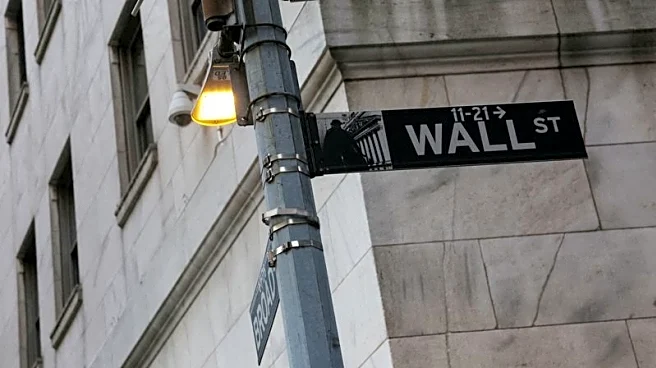What's Happening?
The U.S. Supreme Court is set to hear arguments regarding President Trump's use of the International Emergency Economic Powers Act (IEEPA) to impose tariffs, particularly those linked to the fentanyl trade.
This case follows lower court rulings against the President's actions. Treasury Secretary Scott Bessent expressed optimism about a favorable outcome for the administration, citing the necessity of such powers in response to China's rare earth export restrictions. Concurrently, Tesla shareholders are preparing to vote on CEO Elon Musk's $1 trillion compensation package, which is contingent on achieving significant company growth targets. The outcome of these events is being closely watched by investors, as indicated by the rise in stock futures.
Why It's Important?
The Supreme Court's decision on President Trump's tariffs could have significant implications for U.S. trade policy and international relations, particularly with China. A ruling in favor of the administration could reinforce the President's ability to leverage economic powers in trade disputes, potentially affecting industries reliant on international supply chains. Meanwhile, the Tesla shareholder vote on Musk's compensation package highlights the ongoing debate over executive pay and corporate governance. Approval of the package could set a precedent for future compensation structures in the tech industry, while rejection might impact Tesla's leadership stability and strategic direction.
What's Next?
The Supreme Court's ruling on the tariff case will be pivotal in determining the future scope of presidential powers in economic matters. A decision is expected to influence ongoing trade negotiations and could prompt legislative responses. For Tesla, the outcome of the shareholder vote will determine Musk's role and influence within the company, potentially affecting its strategic initiatives in artificial intelligence and autonomous driving. Additionally, upcoming elections in New York City, New Jersey, and Virginia may shift the political landscape, potentially impacting the federal government's ability to resolve the current shutdown.










